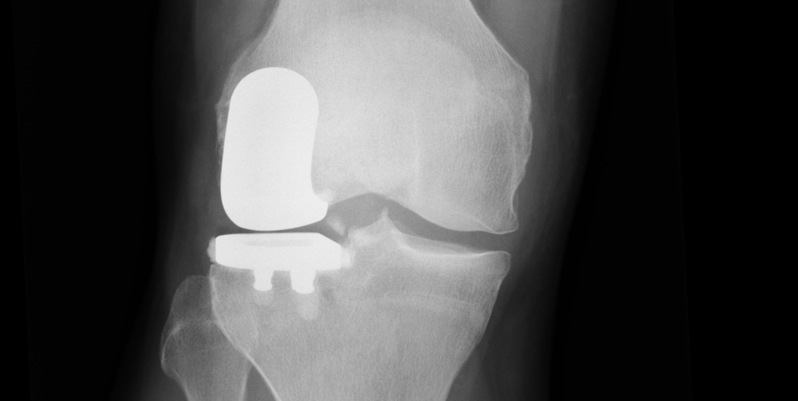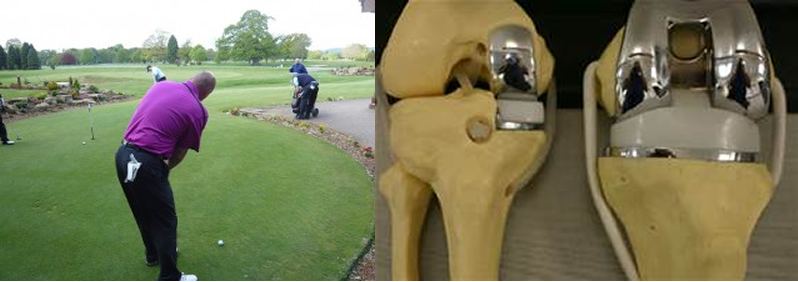Partial knee replacement is a surgical procedure in which part of the knee joint is replaced with a prosthesis. It can be performed in order to improve mobility and relieve pain when one side of the joint is damaged.

Partial knee replacement can be performed in many patients for their knee arthritis because the disease usually starts in the inner (medial) part of your knee and there is no need to remove the healthy unaffected part of the joint if the disease is caught at this stage. Patients report excellent outcomes which are often far better than total knee replacements. The main caveat with partial (or Unicondylar knee replacement as it is known) is that the best results shown in the National Joint Registry are achieved at the hands of surgeons who perform high volumes of this type of surgery such as Mr Dawson whose numbers now exceed 300 operations.

Partial knee replacement surgery can be carried out with either a general or a spinal anaesthetic. The surgery is performed through a much smaller incision than a total knee replacement (smaller scar at the front of your knee) and has the advantage of lower levels of pain and quicker recovery rates than a total knee replacement. The majority of patients go home after two nights in hospital but it may be perfectly safe to leave after one night or occasionally after three depending on your recovery. Mr Dawson is a keen follower of Enhanced Recovery protocols which he himself introduced into several hospitals. These techniques have revolutionised the patient experience before, during and after the hospital stay. So whilst we don’t imagine patients relish having surgery the journey will be as pleasant as possible with excellent pain management and physiotherapy. Any questions or concerns you have are the duty of the team to answer so please let us know.

If you would like to discuss partial knee replacement with an experienced doctor, get in touch to make an appointment with Mr Matt Dawson at the Cumbrian Knee Clinic.
Matt Dawson is a Specialist Knee Surgeon with over 16 years Consultant experience. Matt is internationally renowned as one of the leading authorities on knee realignment surgery
Specialist Knee Surgeon
Over 16 years Consultant experience
Internationally Recognised
Patient Centric Approach
Holistic Approach
Enhanced Recovery Programme (ERP)
Leading in Knee Realignment Surgery
Matt practices in the North of England and is available
to see patients from all over the UK
Circle Health group
Meadowside, Lancaster
Lancashire, LA1 3RH
Phone: 01524 62345
Fax: 01524 844725
Clayton Road,
Newcastle upon Tyne,
Tyne and Wear, NE2 1JP
Phone: 0191 281 6131
Cumbrian Knee Clinic @ Penrith
Community Hospital
Bridge Lane
Penrith, CA11 8HX
Phone: 01697 282119
Fax: 01697 282119








Copyright 2024 The Cumbrian Knee Clinic. All rights reserved.